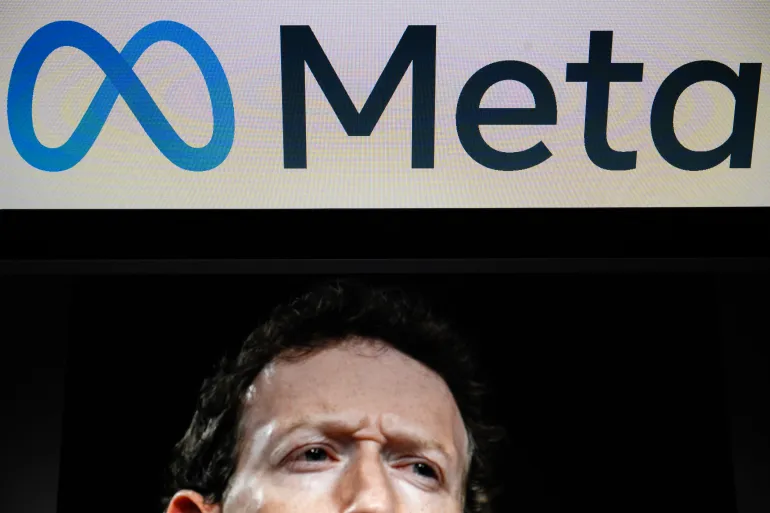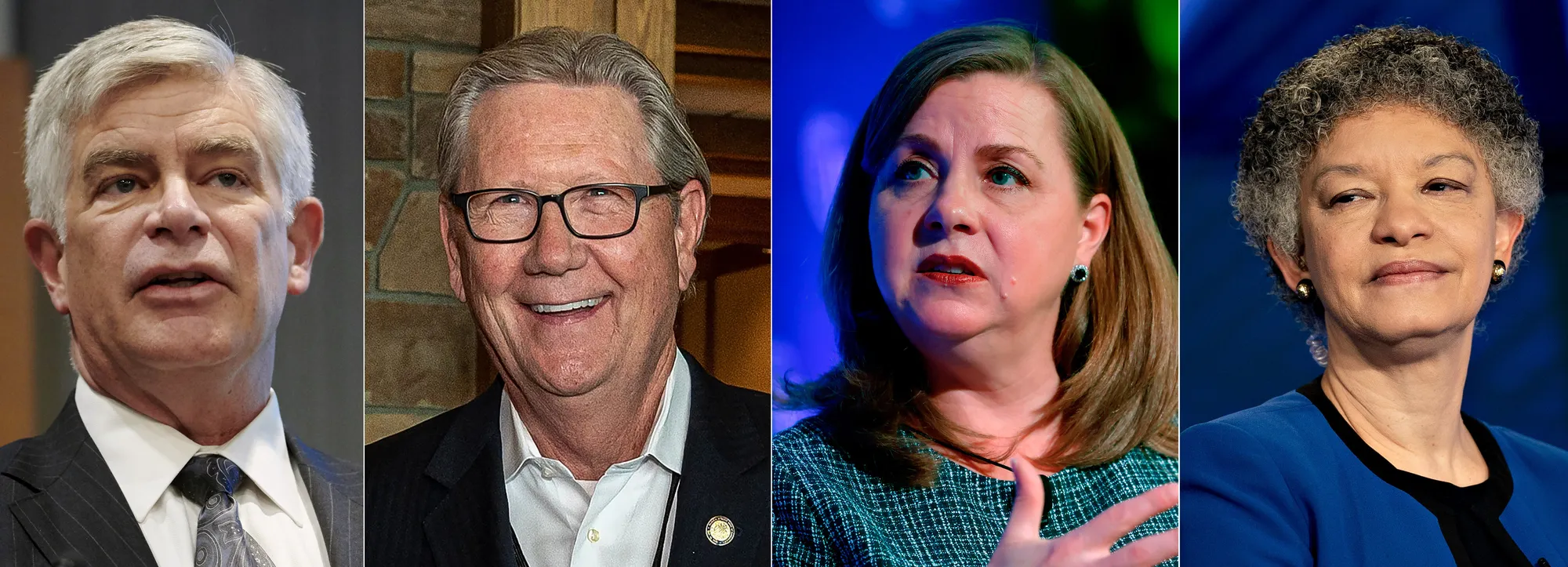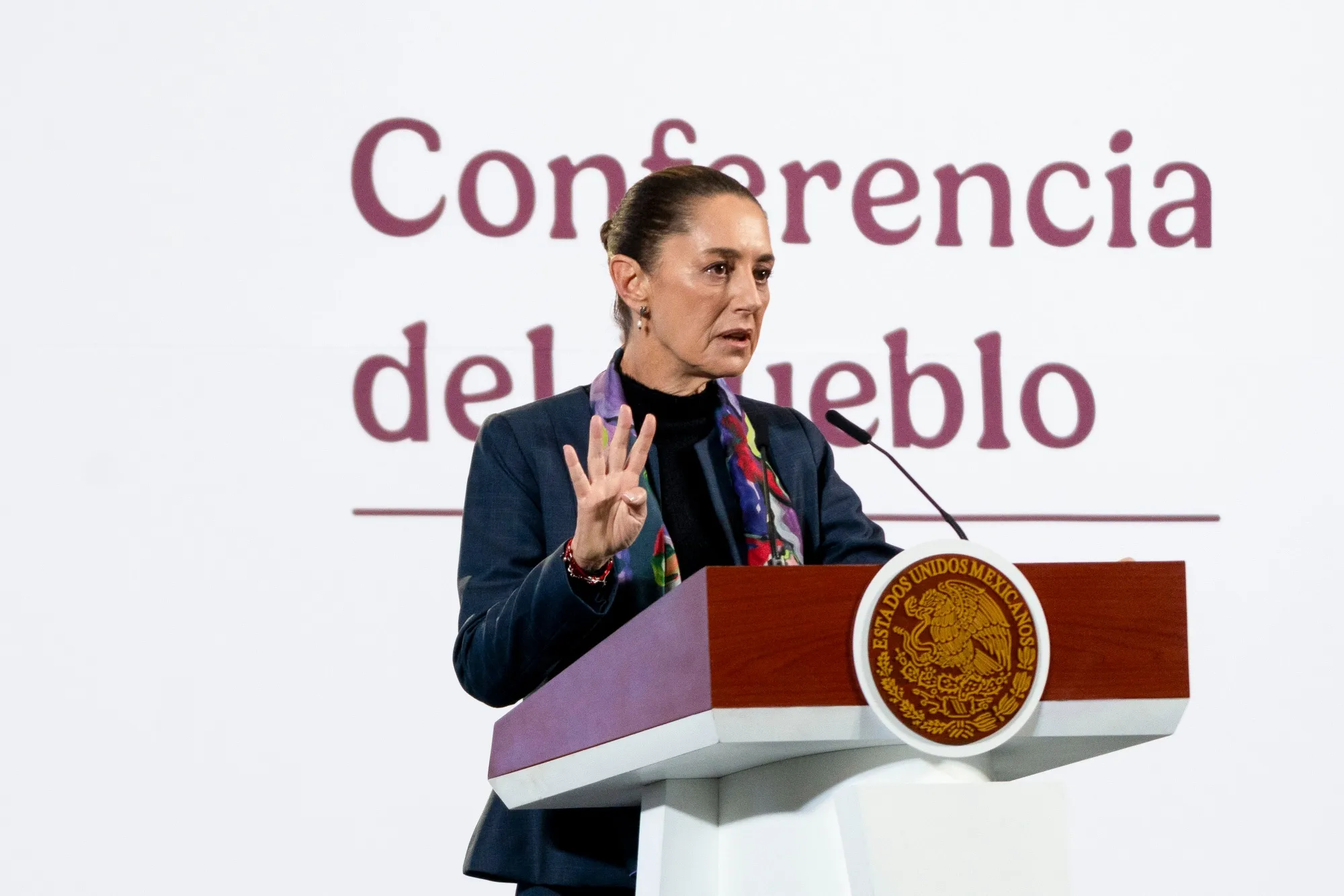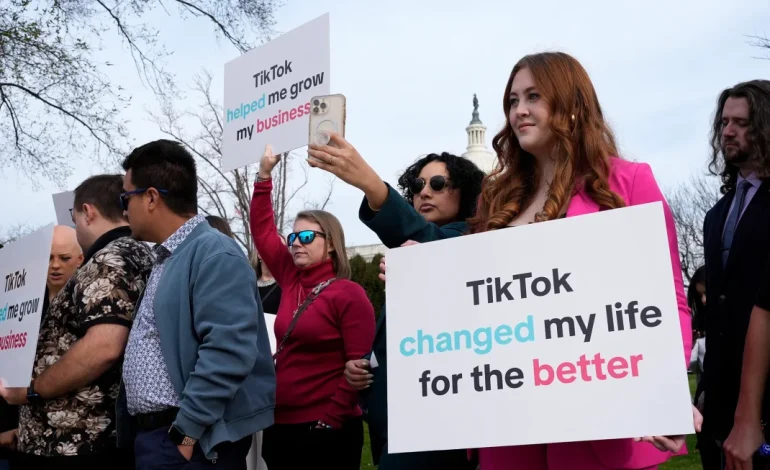The Supreme Court is set to delve into a high-stakes First Amendment showdown on Friday, hearing arguments on the legality of a potential ban on the popular video-sharing app TikTok, CNN reports.
The case, which pits free speech concerns against national security anxieties, places the tech-averse court in the center of a viral controversy that could determine the fate of the app for its 170 million US users.
The core question before the justices is whether the government’s ban, approved in April with bipartisan support, can withstand First Amendment scrutiny. The government argues that TikTok’s ties to its Chinese parent company, ByteDance, pose a serious national security risk, citing potential data collection and manipulation by the Chinese government. If at least five justices agree, TikTok would have to find a new US owner or face a shutdown on January 19.
TikTok, whose popularity is especially strong with younger demographics, will contend that the government has not provided sufficient evidence of Chinese abuse, and the importance of free speech outweighs what they call “speculative” concerns. They will argue before a court that tends to defer to the executive and legislative branches on national security matters.
This case is another instance of the court navigating the complexities of the internet age, a task that has often led to moments of humility from the justices. Justice Elena Kagan, for example, previously noted that the court isn’t necessarily “the nine greatest experts on the internet.”
Here’s what to expect during Friday’s hearing:
National Security Concerns Front, Center
The Biden administration contends that TikTok represents a “grave” national security risk. It points to the platform’s collection of extensive user data, as well as the potential for covert content manipulation by China to sow discord. If a majority of justices embrace this argument, it will be an uphill battle for TikTok. The court typically defers to other government branches on national security. A federal appeals court recently upheld the government’s argument, stating the Chinese government’s ability to control information on TikTok is a threat.
TikTok’s Defense
TikTok supporters argue the Biden administration has not provided concrete evidence of Chinese abuse and that national security concerns are speculative at best. They claim the threat is “nebulous.” While the DC Circuit Court sided with the administration, they did so without the government providing specific intelligence regarding past or present Chinese coercion of TikTok content manipulation.
Justice Barrett as a Key Vote
Justice Amy Coney Barrett is viewed as a critical vote. Her previous statements regarding the First Amendment rights of foreign-owned platforms could suggest she is open to upholding the ban. In an earlier case, Barrett stated that foreign persons and corporations abroad don’t possess First Amendment rights, suggesting she may be open to scrutiny of foreign-owned companies like TikTok.
Trump Card?
Incoming President Donald Trump has inserted himself into the case, requesting the court pause the law’s deadline to give his administration a chance to negotiate a resolution. Trump’s lawyers argue his experience and political will makes him uniquely equipped to handle the issue. While the court typically does not entertain requests from non-parties to a case, Trump’s suggestion may be considered. The court agreed to hear arguments while simultaneously considering a temporary block on the law sought by TikTok and its users. A decision on whether to shelve the law while it is reviewed could come as soon as Friday.
Court’s Tech-Savviness Under Scrutiny:
As the Supreme Court confronts a case so integral to modern tech, the justices’ own aversion to technology will be under scrutiny. The Court has largely resisted technology adoption and has no offici al social media presence. This has led to awkward moments in previous tech-related hearings, like when a microphone mishap captured the sound of a flushed toilet.
The justices, known for their preference for traditional methods, will be grappling with issues that resonate deeply with the digital generation, as TikTok has become a primary source of information and entertainment for many. The court will be thinking about a tech platform that has an immense resonance with teenagers and young adults.









